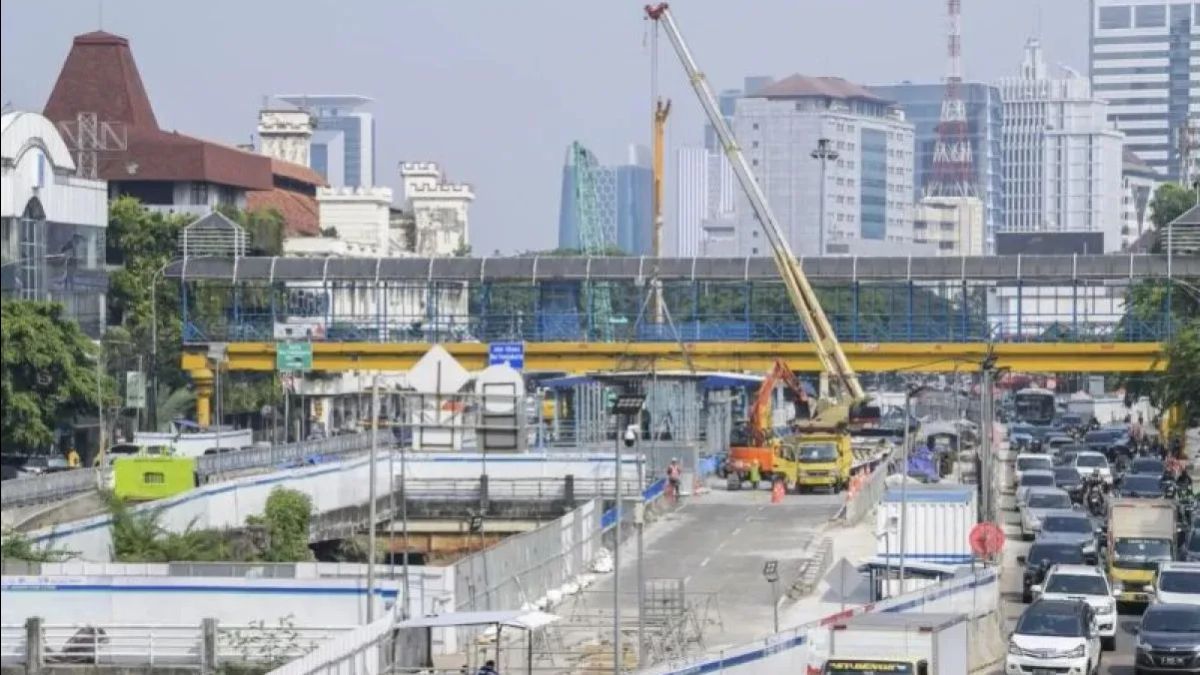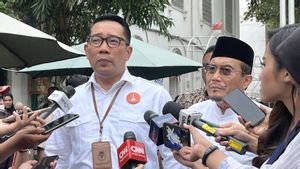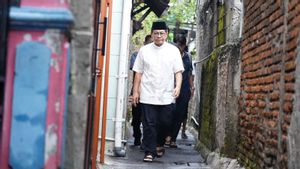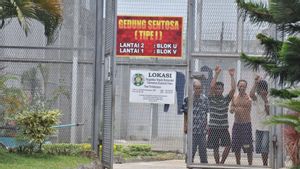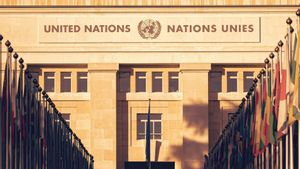JAKARTA - The Indonesian Transportation Society (MTI) emphasizes the importance of subsidies for public transportation services in an effort to increase the reach of public transportation services, including electricity-based public transportation services.
Deputy Chairperson of the Central MTI Regional Empowerment and Development Division, Djoko Setijowarno, said that the public transport service subsidy scheme, including cross-regional transportation services, has been proportionally implemented in the DKI Jakarta Province.
He conveyed that the implementation of such a subsidy scheme and management of public transportation services could be implemented in other areas.
He also revealed the need to form a regional public service agency or BLUD to support the management of public transportation services, including seeking to provide funds.
Funding for the implementation of public transportation services, according to him, should not only come from the State Revenue and Expenditure Budget (APBN) and the Regional Revenue and Expenditure Budget (APBD).
"Another effort is needed to seek funding for the operation of public transportation other than the APBN or APBD," he said when contacted, Wednesday, September 25, was confiscated by Antara.
Djoko said that funding for the operation of public transportation services could, among other things, be obtained from passenger costs, advertisements, motor vehicle taxes, and parking fees.
SEE ALSO:
State-owned enterprises (BUMN) and private companies, he said, could also be involved in funding the provision of public transportation services.
In this case, SOEs can use the allocation of social and environmental responsibilities funds and private companies can set aside their social responsibility funds to support the implementation of public transportation services.
In addition, Djoko conveyed, the allocation of student transportation funds from the Education Fund and the Land Transportation Special Allocation Fund can be used to assist the implementation of public transportation services.
"Repairing public transportation does not stop only at the Ministry of Transportation, it is necessary to participate in other institutions. The budget allocation in the form of special allocation funds is also important," he said.
The use of public transportation facilities can reduce expenses for transportation costs, reduce traffic congestion, and reduce air pollution.
Therefore, the availability and quality of public transportation services must be improved to encourage increased utilization of public transportation facilities.
Djoko said that companies and government agencies can also direct their employees to use public transportation facilities.
"It doesn't have to be every day, but from existing agencies it can be arranged in turns on weekdays," he said.
He added that special rates can be imposed on elderly citizens, students and students, people with disabilities, and veterans who use public transportation facilities.
The English, Chinese, Japanese, Arabic, and French versions are automatically generated by the AI. So there may still be inaccuracies in translating, please always see Indonesian as our main language. (system supported by DigitalSiber.id)
